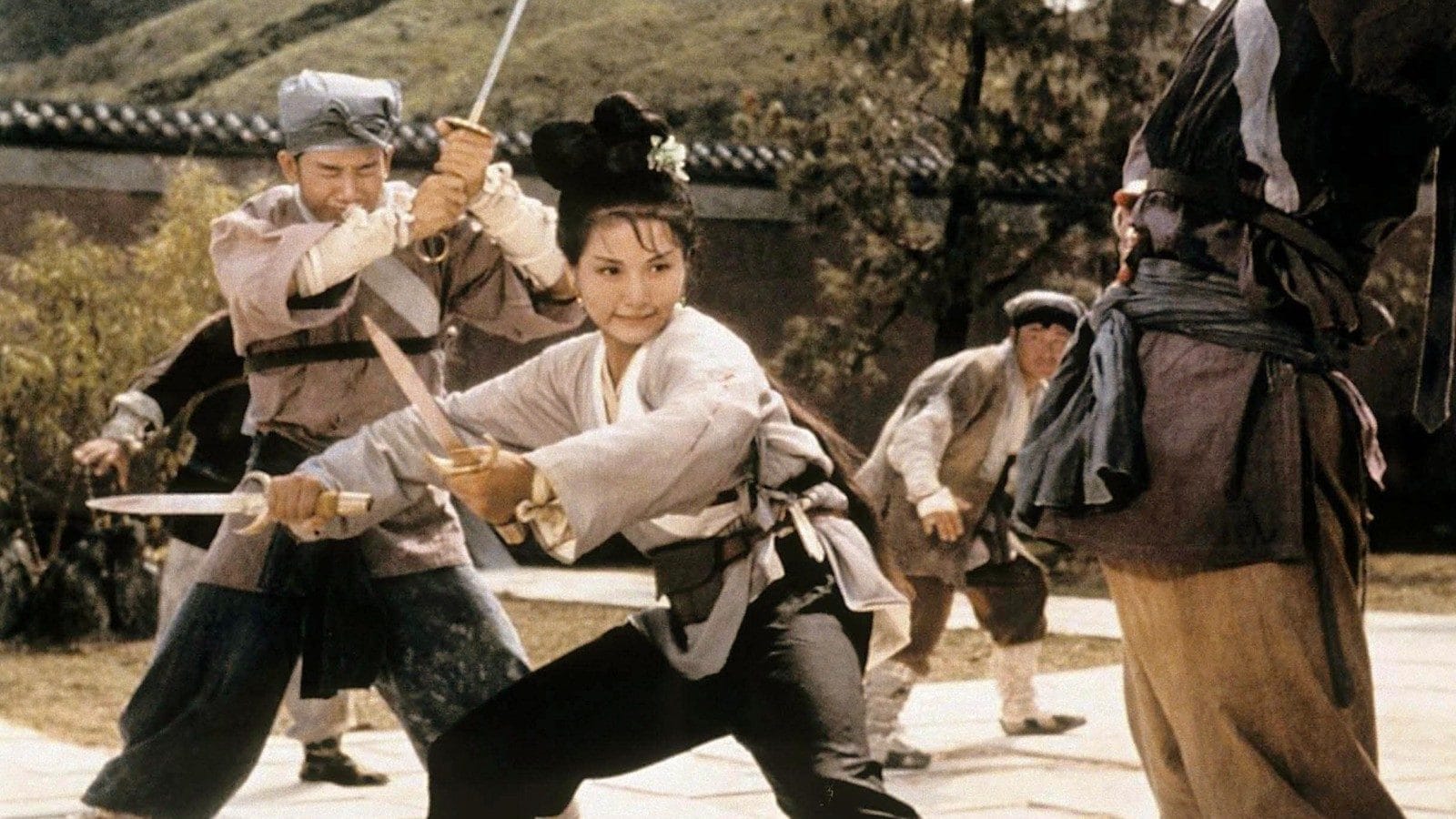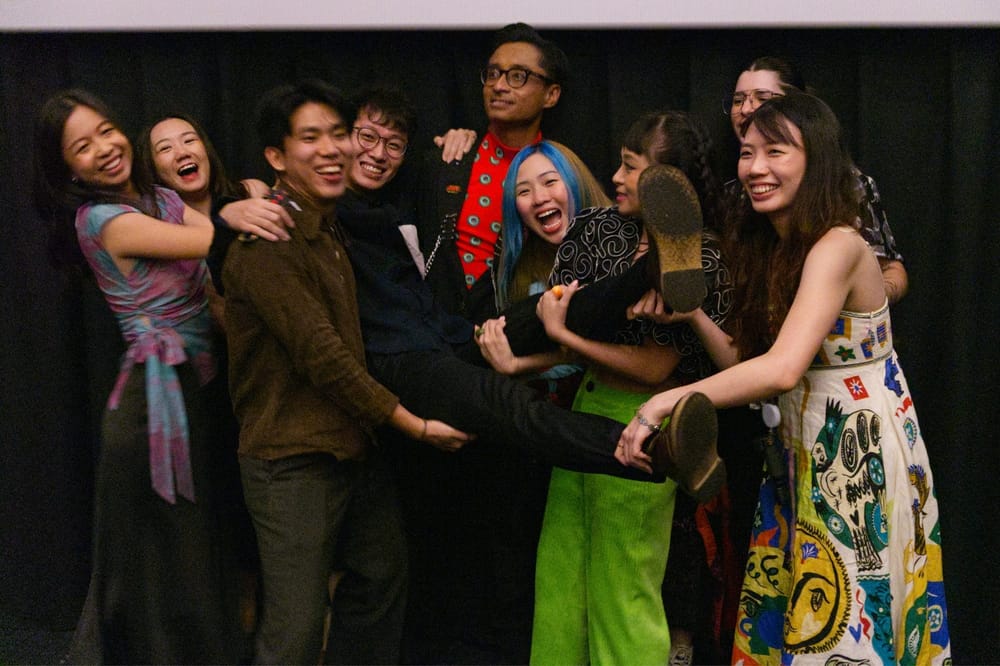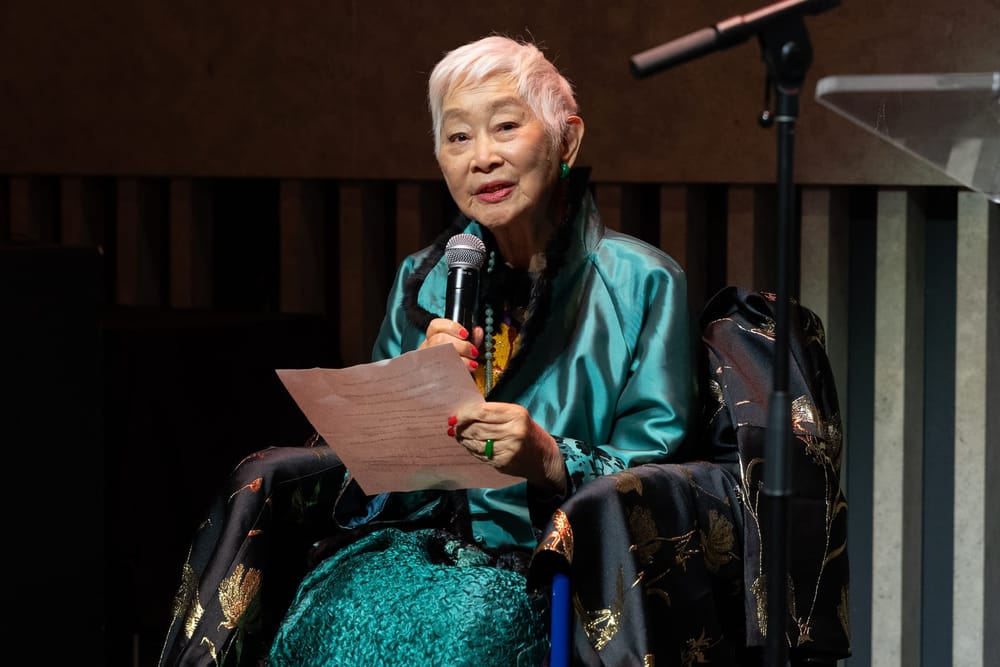By Rowan Chan
When Cheng Pei-pei first appeared on the silver screen, sword in hand, little did she know she'd end up flipping the script on action cinema. Born in Shanghai in 1946, Cheng's continent-hopping journey from twirling ballerina to butt-kicking icon, which spanned over six decades, mirrors the turbulent history of 20th-century Chinese filmmaking.
Political upheaval and her father’s background as a businessman who supported the nationalists forced Cheng and her mother to relocate to Hong Kong. There, 15-year old Cheng caught the eye of the big shots at the esteemed Shaw Brothers studio. Although her initial role as a man in “The Lotus Lamp” (1963) was unconventional, her star-making turn in wuxia grandmaster King Hu's “Come Drink With Me” (1966) catapulted her movie career. As the fierce, stoic sword-slinger, Golden Swallow, Cheng captivated audiences with her mix of grace, rooted in her ballet training, and stone-cold toughness. The tavern brawl scene (supervised by Han Ying-chieh) where she single-handedly takes on a gang of bandits without breaking a sweat or losing her composure, is an unforgettable moment of HK cinema that set a new benchmark for martial arts choreography.
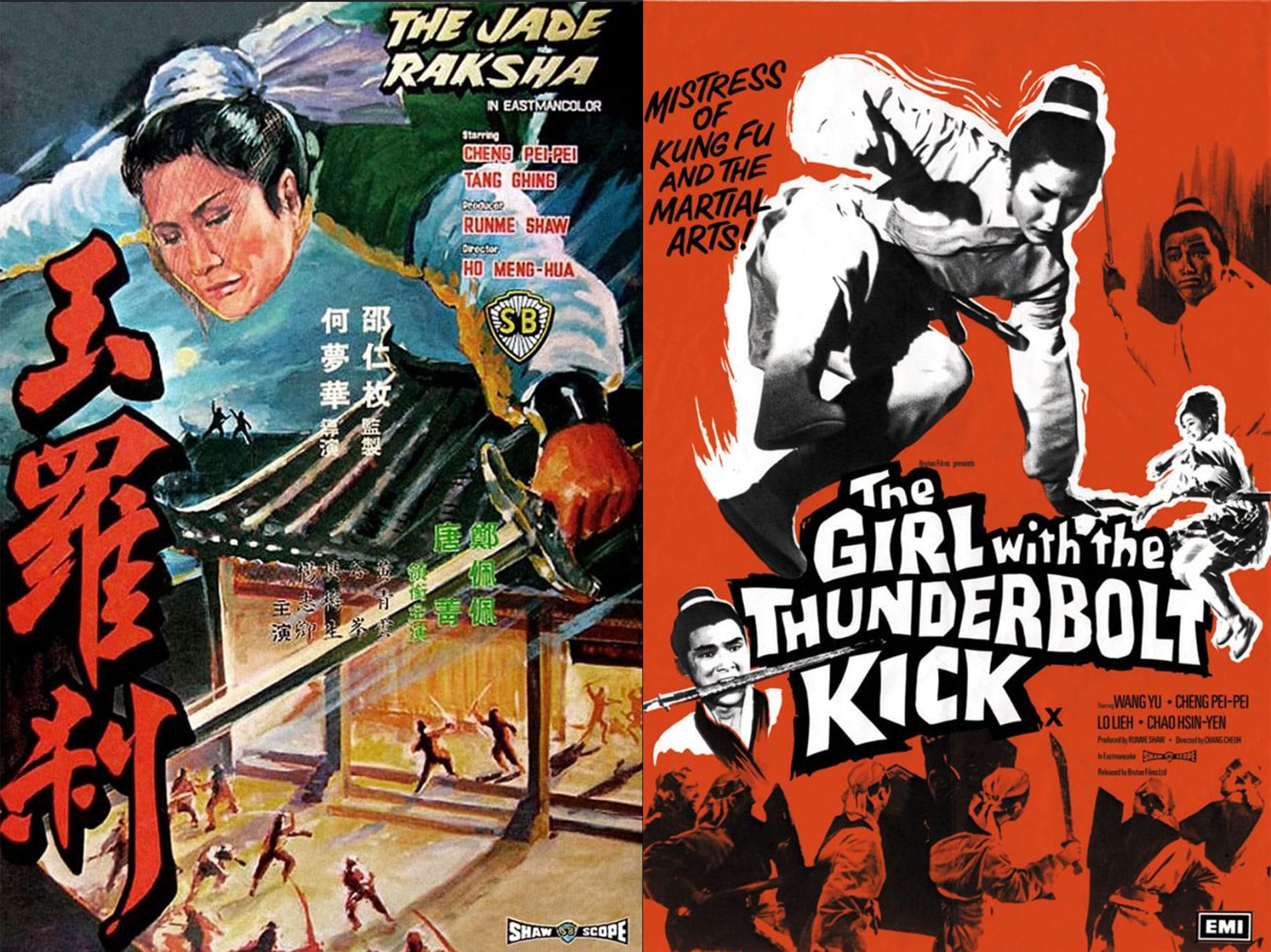
Prior to Cheng's emergence, female roles in martial arts films were often limited to two-dimensional characters, sidekicks at best, or worse: glorified arm candy and other damsels in distress. She demonstrated that women could lead action films with as much skill and charisma as their muy macho counterparts. Her convention-shattering performances as bad-ass knight-errant protagonists and righteous avengers of the wronged, earned her the crown of "Queen of Martial Arts" and cleared the path for the generations of female action stars who came after.
At the peak of her fame in 1971, Cheng married Taiwanese businessman Jimmy Yuen and relocated to the United States. She took the decision to step back from leading roles to focus on family life. Thankfully, her semi-retirement was not permanent. Following her divorce in 1989, she returned to Hong Kong, successfully reviving her acting career. Her comeback was marked by memorable roles, most notably in films like “Flirting Scholar” (1993) with Stephen Chow. As the revenge-hungry Jade Fox, her commanding and haunting presence was a powerful reminder of her title: “the queen of swords.” This performance in Ang Lee's acclaimed “Crouching Tiger, Hidden Dragon” (2000) earned her the Best Supporting Actress accolade at the Hong Kong Film Awards. More importantly, it introduced Cheng to a new generation of international viewers and bridged her early work with her later career. She now stood as a true and timeless icon.
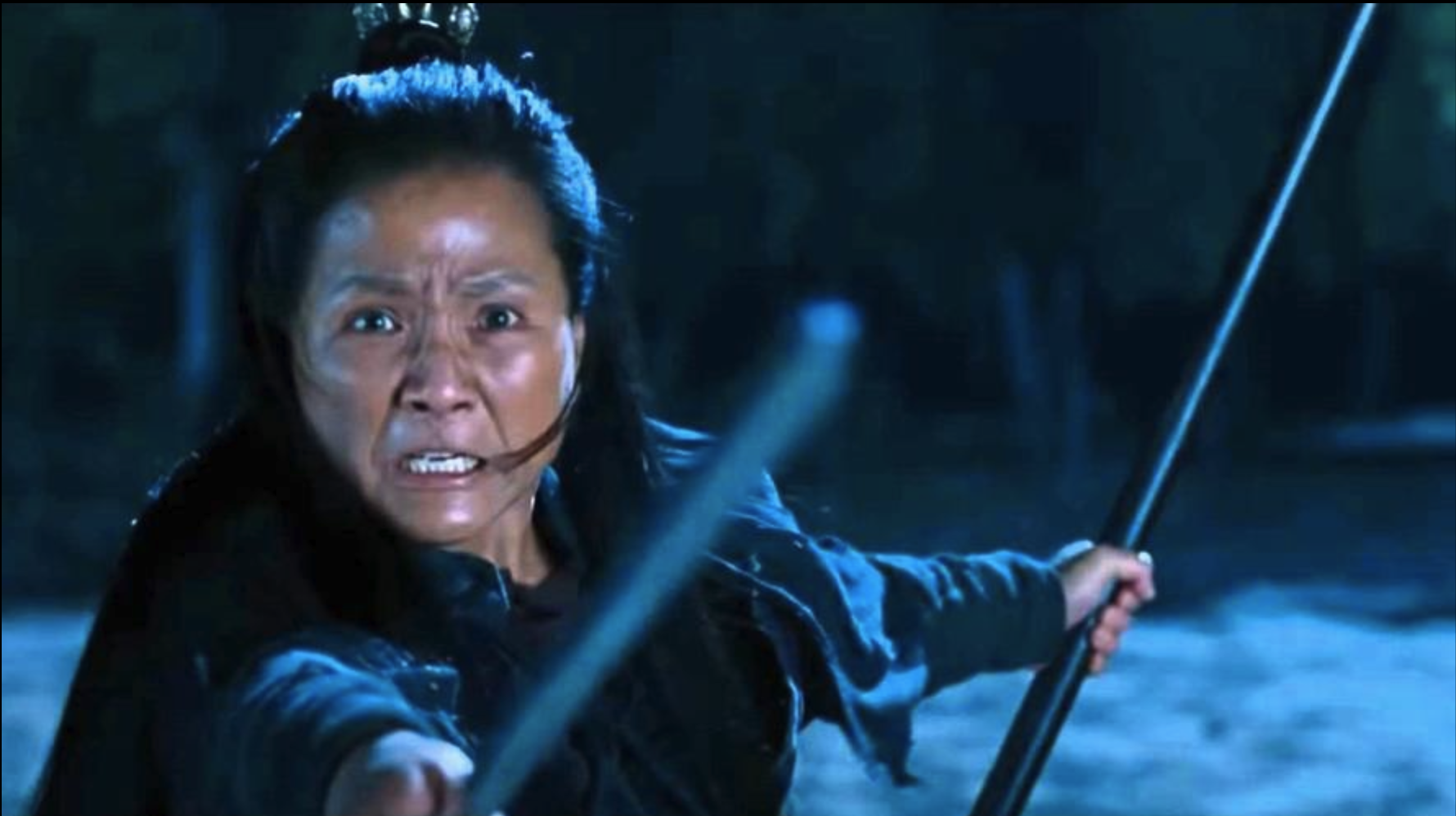
Cheng's impact extends far beyond her on-screen heroics: she didn't just kick down doors for women in action flicks, challenging perceptions of gender roles in kung fu and wuxia cinema, she drop kicked the whole building, revolutionizing and reinventing how and what society thought women should do in broader culture and in real life. Her pioneering work, and perhaps simply who she was as a person, laid the foundation for subsequent stars like Michelle Yeoh and Zhang Ziyi, who continue to walk the path she opened for them.
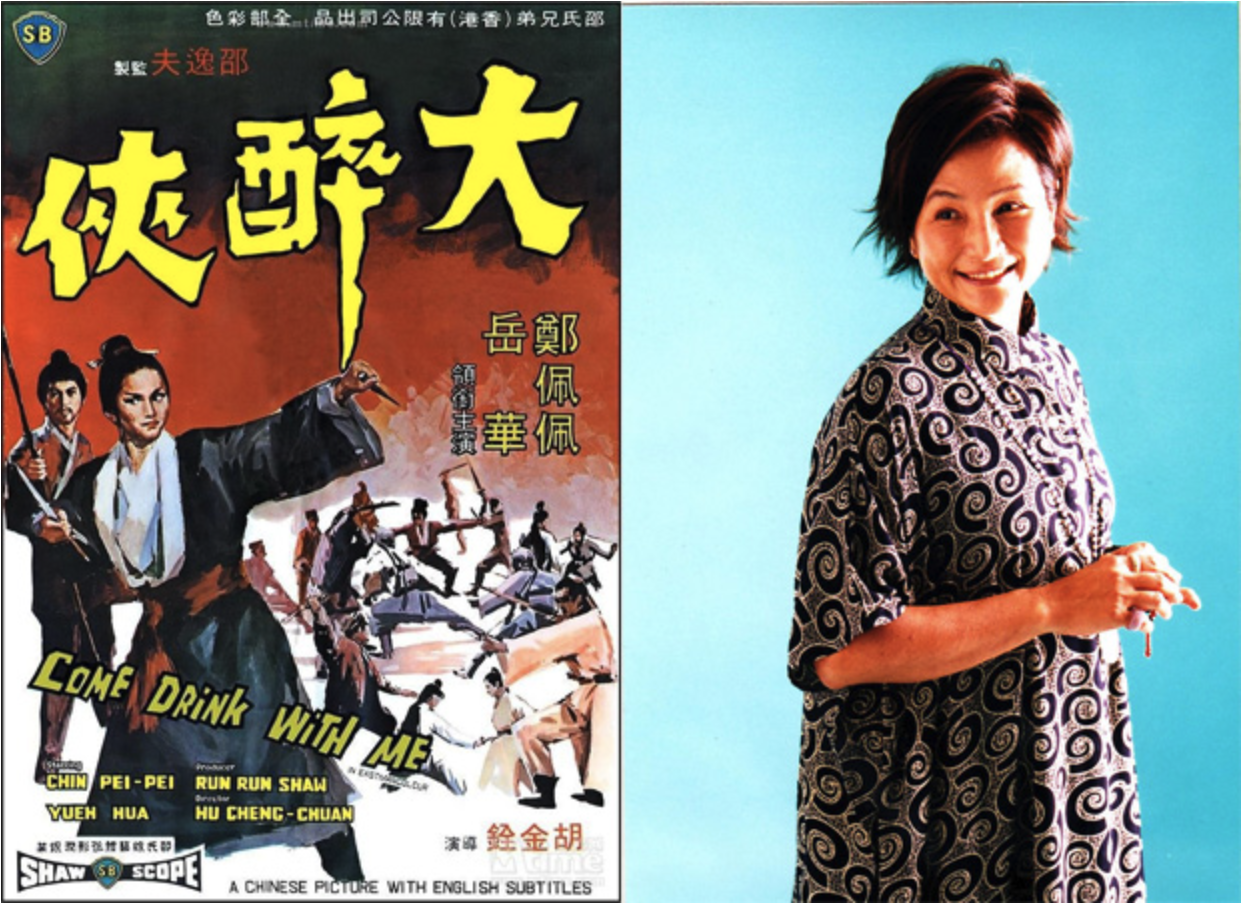
In her later years, Cheng faced health challenges with the same quiet grit she brought to her roles. Her final appearance as The Matchmaker in Disney's 2020 live-action “Mulan” brought her career full circle back to her Chinese heritage.
As we reflect on the life and legacy of Cheng Pei-pei, one thing is certain and a cause for celebration rather than regret: Cheng Pei-pei might have left us on July 17, 2024, but her legacy as a real-deal game-changer in film isn’t going anywhere: it remains a guiding force and an inspiration. Even though the credits have rolled on her wild life story, Cheng's still out there inspiring new generations to push the envelope and dream big.


